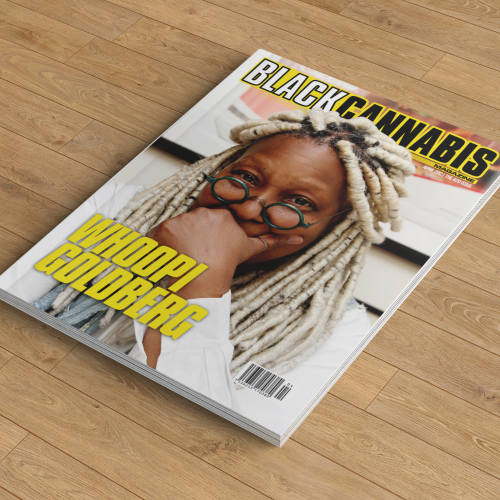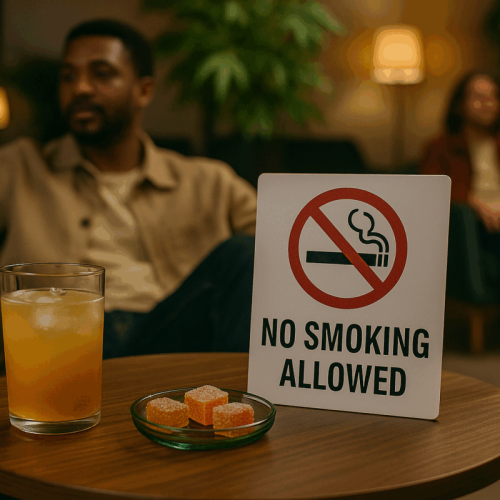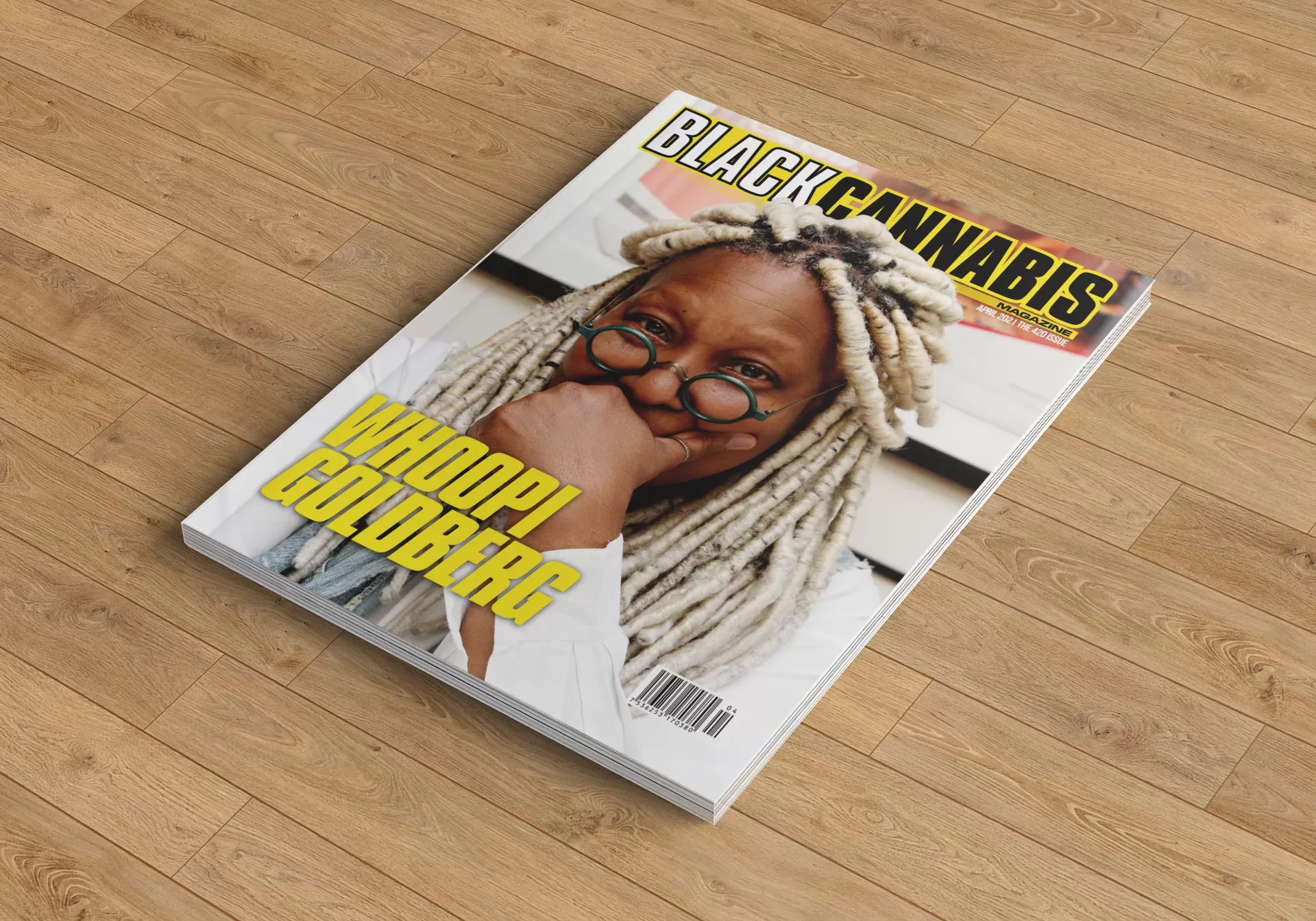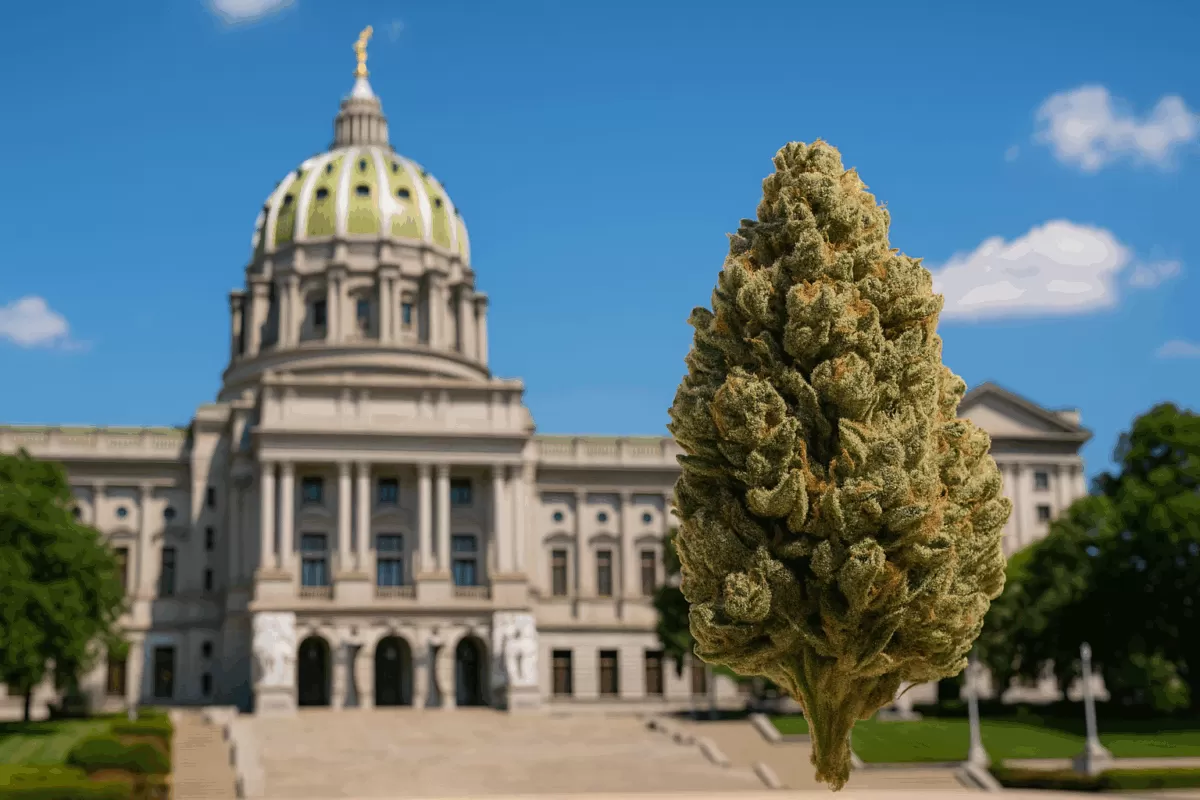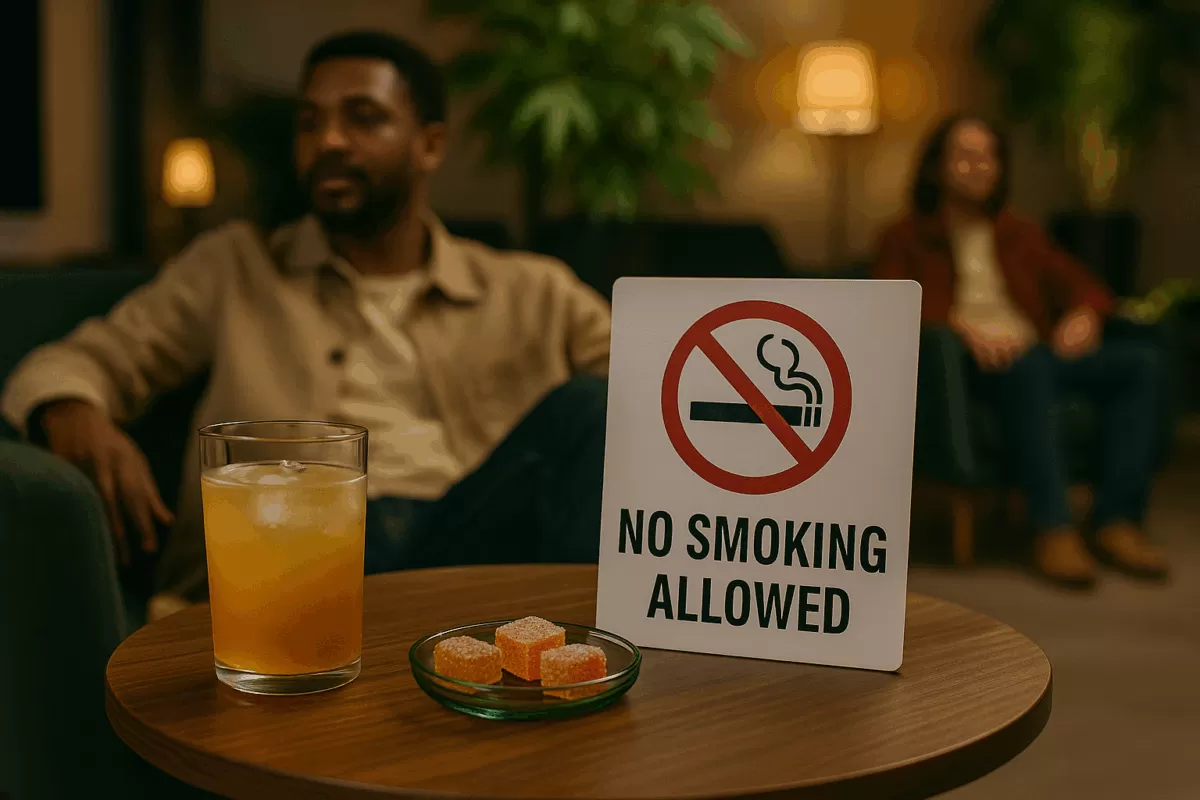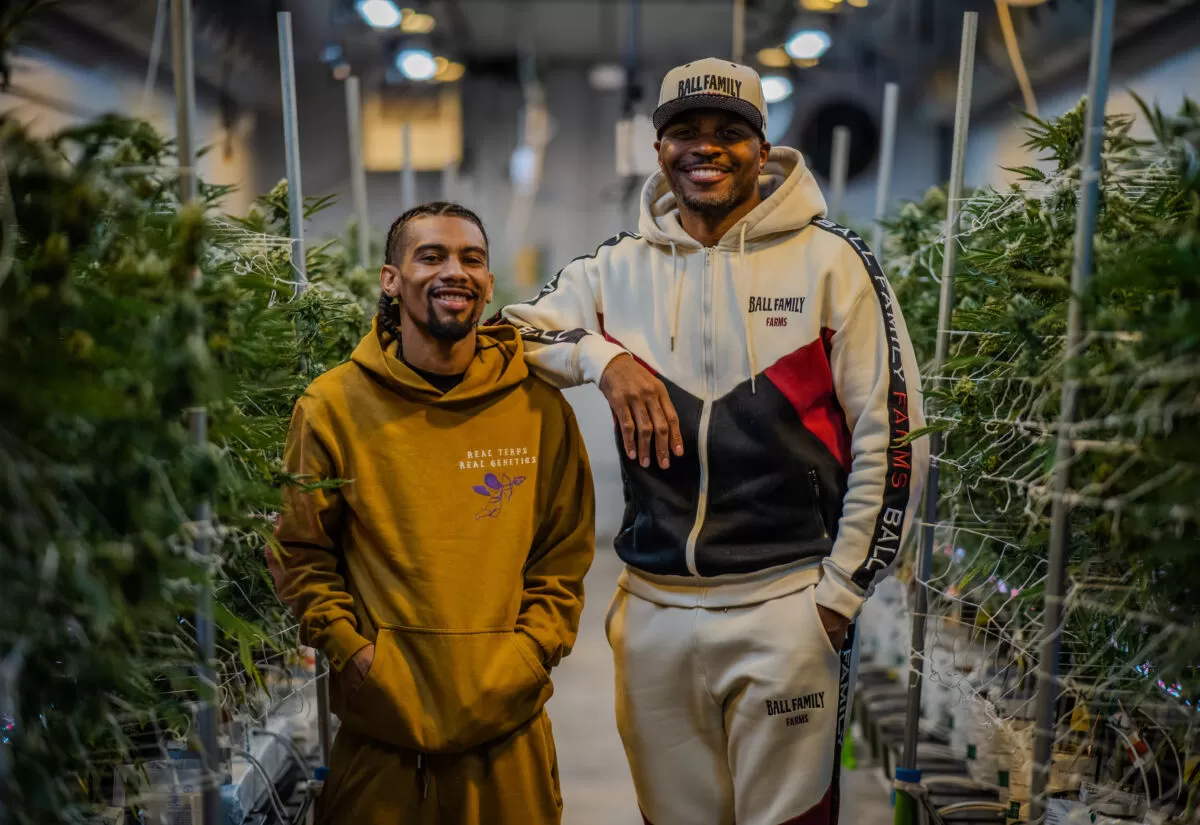Patrice Harris made a pan of brownies on Friday with a special ingredient: a chunk of golden-colored butter with a pungent herbal fragrance.
Cannabis butter.
Harris, a hairstylist who works out of her split-level home in a Kansas City suburb, isn’t the only person in the house now legally using marijuana as medicine. Her 90-year-old mother, Ernestine Wilford, a gray-haired slip of a woman who has dementia, uses it too.
Harris has videos on her cellphone that show her mom’s before and after.
Before cannabis: Wilford lay curled up in a fetal position on a bed, uncommunicative, averse to touch.
After: She’s standing in the living room lifting light hand weights and walking through an airport.
As of Friday, the state of Missouri had approved 23,409 applications for medical marijuana cards. More than 7,600 of those people were also approved as cultivators and can now legally grow it.
That means Missourians have been legally self-medicating for months, long before any state-licensed dispensaries will open.
They are smoking joints and bowls of cannabis, eating cannabis-infused roast and potatoes — a new meaning for “pot roast” — and whipping up cannabis butter with the Magical Butter Machine contraption. They are young parents, veterans, baby boomers and senior citizens, many seeking relief from chronic pain and anxiety.
Moms are swapping information in private Facebook groups. People are walking into head shops for the first time and gathering in VFW halls to find out how to get an ID card from the state of Missouri, which they can only do online.
Jeremy Anderson, a 34-year-old veteran who lives in Johnson County, Missouri, got his ID card early in the process. He proudly declares: “I was patient No. 322, one of the originals.”
He also paid the $100 fee to legally grow his own cannabis at home. He built a room-within-a-room in his home and a few days ago posted photos of his bodacious, leafy plants on Instagram with a string of hashtags. #Breakthestigma. #Plantsoverpills. #Legalgrower. #Notforsale.
Using marijuana as medicine brings a steep learning curve for people who’ve never used — what’s a “budtender”? — and there’s a lot of networking going on.
The people who spent years trying to get Missouri to legalize medical marijuana report a buzz of excitement over the dispensaries coming.
But licenses for dispensaries won’t be issued until about Jan. 24, Missouri’s Department of Health and Senior Services’ Section for Medical Marijuana Regulation announced Thursday. Earlier talk suggested that would happen by the end of the year.
Until those businesses are open, there is no legal way for cardholders to get marijuana unless they or a caregiver grow it themselves — an expensive endeavor.
“They’re kinda out of luck,” said Jessica Kelly, communications director for NORML KC, the local chapter of the National Organization for the Reform of Marijuana Laws.
But many aren’t waiting.
THE CARD THAT’S NOT A CARD
Missouri voters passed the constitutional amendment allowing medical marijuana more than a year ago, but the health department didn’t begin taking applications from patients and caregivers until June 28. Since then, people report that they have received their cards within days and give the department high marks for being so quick. There seems to be little grumbling so far about how the state has rolled out the program.
“Patients in general report that they are having a very easy time navigating the medical marijuana program and are finding it to be very accessible, which you can also tell by the high patient numbers being reported by the state,” Kelly said.
The state doesn’t actually send out medical marijuana cards. But the IDs can be printed out. Some patients have several laminated copies to keep in their home and car.
The learning curve is reportedly sending some people to their local libraries asking for help using a computer. The health department says it will have patient guidebooks explaining all the regulations soon.
“There have been reports that some elderly patients and rural patients without good internet access are having a hard time navigating the online-only program since they have to upload their physician certification, other documents, and a recent picture into the DHSS portal,” Kelly said. “There’s a technological learning curve some are having issues with.”
She tells seniors to ask their grandchildren for help.
Harris and her longtime friend Lonnie Bush, who owns a gym in Raytown, are working to get information about the ID cards out into Kansas City’s African American community.
“They want to know,” said Harris, who invited friends to her dining room table to get help with the certification process from a local osteopath — one of the few medical providers willing to sign off on medical marijuana applications.
“Most black folks, most poor people, most low-income people are going to federally funded health centers, and (the centers) just can’t give them the information. So they don’t even know to apply because the information is not trickling down into our neighborhood.”
You can read this story by Lisa Guiterrez for Kansas City Star here.


